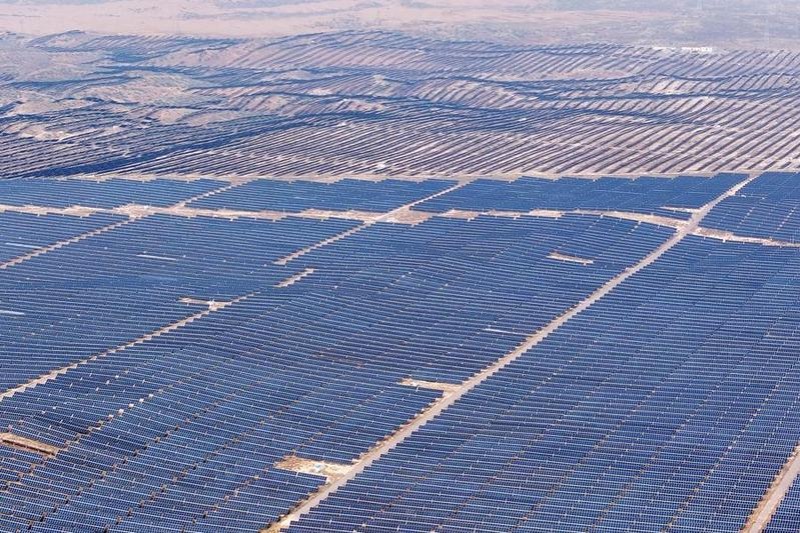Bombing could trigger oil price rise, experts say

NEW YORK — US attacks on Iranian nuclear sites could lead to a knee-jerk reaction in global markets when they reopen, sending oil prices higher and triggering a rush to safety, investors said, as they assessed how the latest escalation of tensions would ripple through the global economy.
The attacks, announced by US President Donald Trump on the social media site Truth Social, were the question going into the weekend, when investors were mulling a host of different market scenarios.
In the immediate aftermath of the announcement, they felt the US involvement in the Middle East was likely to cause a sell-off in equities and a possible bid for the dollar and other safe-haven assets when trading begins but also said much uncertainty about the course of the conflict remained.
"I think the markets are going to be initially alarmed, and I think oil will open higher," said Mark Spindel, chief investment officer at Potomac River Capital.
"We don't have any damage assessment and that will take some time. Even though he has described this as 'done', we're engaged. What comes next?" Spindel said.
"I think the uncertainty is going to blanket the markets, as now Americans everywhere are going to be exposed. It's going to raise uncertainty and volatility, particularly in oil," he added.
Spindel, however, said there was time to digest the news before markets open and said he was making arrangements to talk to other market participants.
Sourabh Gupta, a senior fellow at the Institute for China-America Studies, told China Daily that the strikes would "almost certainly exacerbate regional instability and roil oil and gas markets", impacting the global economy.
A key concern for markets would center around the potential impact of the developments in the Middle East on oil prices and thus on inflation. A rise in inflation could dampen consumer confidence and lessen the chance of near-term interest rate cuts in the United States.
"This adds a complicated new layer of risk that we'll have to consider and pay attention to," said Jack Ablin, chief investment officer of Cresset Capital. "This is definitely going to have an impact on energy prices and potentially on inflation as well."
Before the US attacks on Saturday, analysts at Oxford Economics modeled three scenarios, including a de-escalation of the conflict, a complete shutdown in Iranian oil production and a closure of the Strait of Hormuz, "each with increasingly large impacts on global oil prices".
In the most severe case, global oil prices jump to around $130 per barrel, driving US inflation near 6 percent by the end of this year, Oxford said in the note.
"Although the price shock inevitably dampens consumer spending because of the hit to real incomes, the scale of the rise in inflation and concerns about the potential for second-round inflation effects likely ruin any chance of rate cuts in the US this year," Oxford said in the note, which was published before the US strikes.
Economists have warned that a dramatic rise in oil prices could damage a global economy already strained by the US administration's tariffs.
Yifan Xu in Washington contributed to this story.
Agencies Via Xinhua






























